Cyclone Idai left many families vulnerable as their food stocks and crops in the field were destroyed. ZIRP sought to deliver recovery, first and foremost by delivery of a surge of high-impact, immediate interventions for enhancing the coping capacity of affected communities, in tandem with humanitarian operations through project partners. Under this sector, three agencies FAO, UNOPS and WFP, collaborated to deliver a holistic program to build resilience in the farmers in irrigation schemes and community gardens.
contact@autoser.com
Monday to Saturday
Food Security and Livelihoods
Revitalisation of agricultural and livestock productivity
Results as of 31 January 2023

13
Community weir dams and dip tanks rehabilitated under the Food for Assets program

239,324
People benefited through conditional and unconditional food assistance, 63% of which are women and girls

10,000
Beneficiaries supported with seed packs (input starter kits including white maize seed, orange maize seed, basal fertilizer & top dressing fertilizer.)

3,412
Female-headed households benefiting from provision of agricultural inputs

7,500
Farmers supported with chicken and goats for restocking

5,444
Female-headed households benefiting from livestock support

2,178,234
Birds vaccinated

483,256
Head of cattle vaccinated

Infrastructure
Rehabilitated in 6 irrigation schemes

70
Dipping sessions were conducted
Beneficiary Quotes
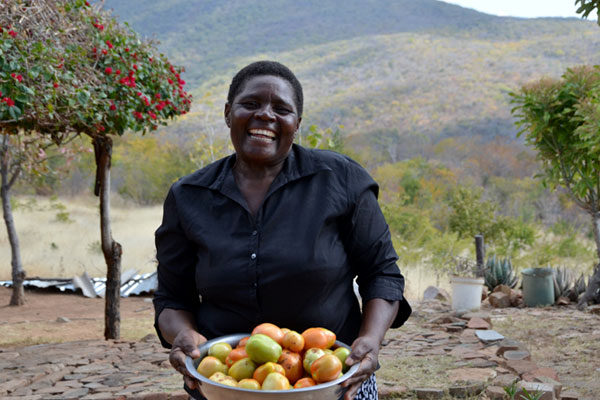
“I am grateful for the reconstruction of the weir dam. We planted vegetables, maize and beans.The surplus I will sell so that I can get money to buy soap and pay fees for my children,” Jane Chinyavabvu, Chairperson of Zimunda Weir
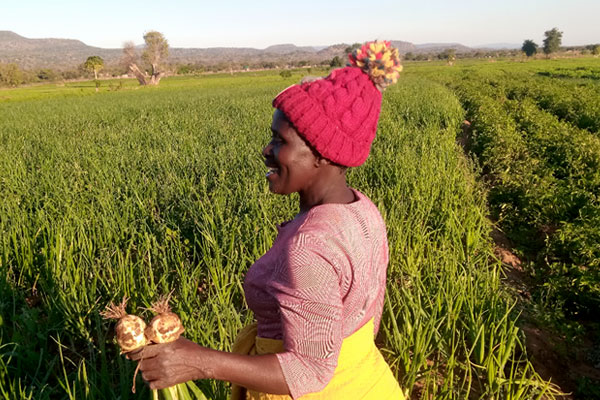
“Before the FAO training on onion production, I used to get about $300.00 USD from one boon (300 square meters) of onions. This season I managed to get $1000.00 USD from one boon. I planted onions on seven boons used the money from onion farming to construct a shop which is now at window level and also to pay school fees for my child at the university,” Mrs Agnes Sithole
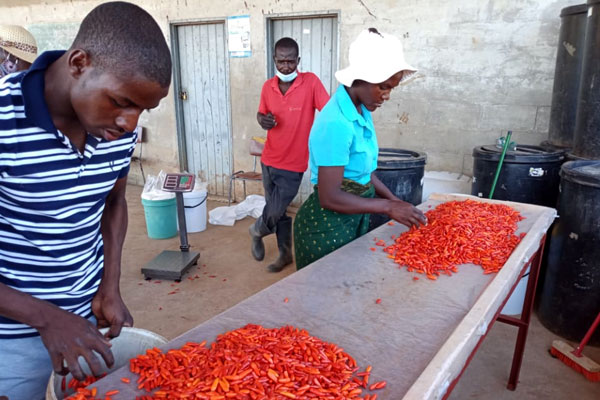
After our irrigation schemes were destroyed by the cyclone, we were promised that they would be rehabilitated under ZIRP with support from the World Bank. Community members were called upon to work in the rehabilitation and they were all paid their allowances in the process and this has improved their livelihoods. Our boreholes are going to be rehabilitated through the solarisation programme as promised. We also have a 4.1km perimeter fence that is going to be installed for us. Other partners like FAO also gave us inputs for people to start farming since they were left with nothing after the cyclone. Our wish is that when ZIRP ends, every farmer would be back on their feet, and continue to grow for themselves,” Lovemore Mboko, Maunganidze Irrigation Scheme Chairman
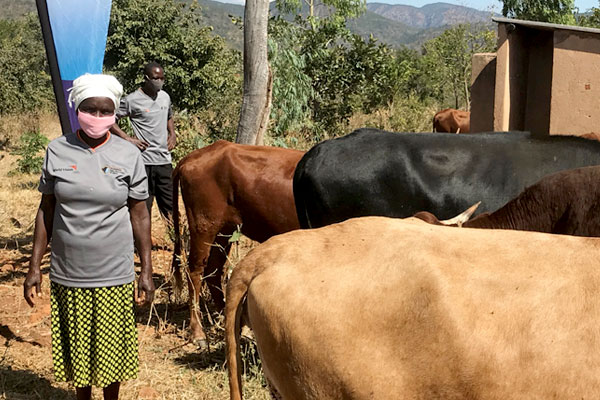
‘’Before Cyclone Idai I was a smallholder farmer; I grew sorghum and maize to feed my family. We didn’t have much, but we managed to harvest something and feed the family. Cyclone Idai changed my life; my husband is chronically ill and my medication was also washed away by the cyclone. For survival I had to sell baobab fruits.’’
“The support we are receiving came at the right time, as there was nowhere to turn to. We are grateful for this food assistance, as it goes a long way. I am a mother and there is nothing more painful than to see your kids go to bed on an empty stomach. However, before this intervention I thought I had failed,”
Chipo Chipiro
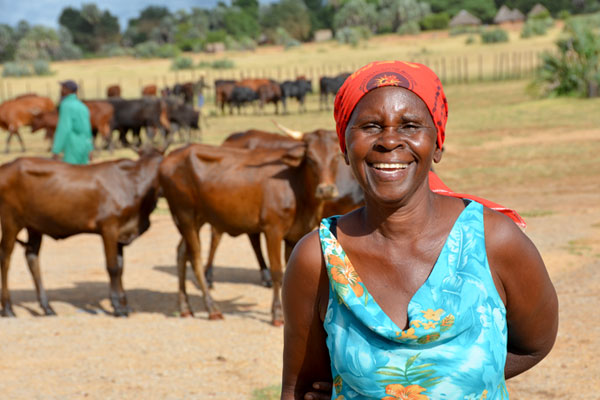
“I have five cattle and when I see them I see my bank or investment. When they breed well you know you have some good wealth. Sadly, the dip tank was destroyed during cyclone Idai and it affected our livestock’s health. No one would be willing to buy a sick beast so you can see how deep the cyclone robbed us. We were left with nothing but the clothes that we were wearing.” Elizabeth Mutsemi, aged 66, Dakate Diptank
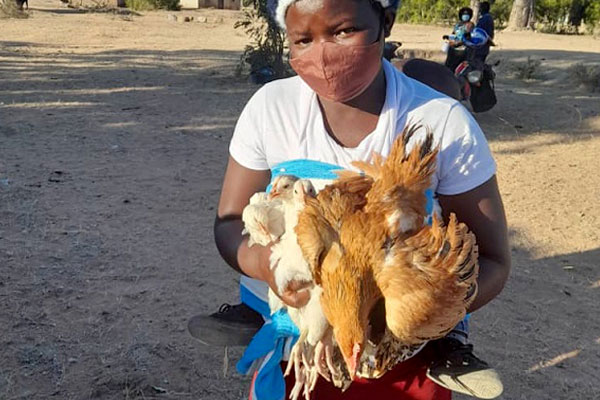
“From these birds, many households will benefit nutritionally and financially, with proteins from meat and eggs and income that can come from the selling of eggs, chicks or chickens. People in the community can then use that income to pay for school fees or any other day to day needs. In addition, households can use the chicken droppings as organic matter for the nutrition garden at their homesteads,” Local authority leader, Mutiusinazita, Buhera, Ward 27 Councilor, Mr Charles Mukanwa.
